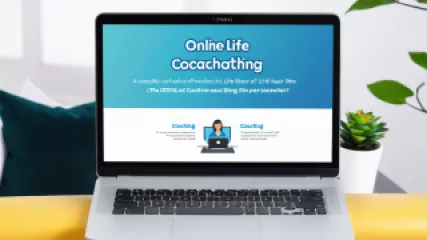The Psychology of Productivity: Why It Matters More Than You Think
1 year ago
Psychology of Productivity
The Life-Changing Advantages of Online Life Coaching
1 year ago
Life Coaching Advantages
Why Narrative Therapy is Powerful for Stress Management
1 year ago
Narrative Therapy
Comprehensive Guide to Effective Career Counseling
1 year ago
Career Counseling
Mastering Mental Focus: An Opinion on Enhancing Concentration
1 year ago
Enhancing Concentration
10 Proven Strategies to Enhance Productivity Through Therapy
1 year ago
Psychology of Productivity
Conquering Fears: A Research-Backed Guide for Personal Growth
1 year ago
Conquering Fears
How to Develop Leadership Influence: 5 Key Psychological Principles
1 year ago
Psychology of Leadership
10 Concentration Boosting Strategies Learned from Iconic Movies
1 year ago
Enhancing Concentration
My Transformative Journey: How Volunteering Uplifted My Mental Well-Being
1 year ago
Impact of Volunteering on Mood
Exploring the Power of Virtual Narrative Therapy Sessions
1 year ago
Narrative Therapy
How Volunteering Boosts Your Psychological Well-Being: An Interview with a Mental Health Expert
1 year ago
Impact of Volunteering on Mood
10 Best Eco-Friendly Counseling Practices for Wellbeing
1 year ago
Eco Therapy
How Can You Find Happiness Counseling Online?
1 year ago
Happiness
Conquering Fears: A Step-by-Step Guide to Overcoming Anxiety
1 year ago
Conquering Fears















